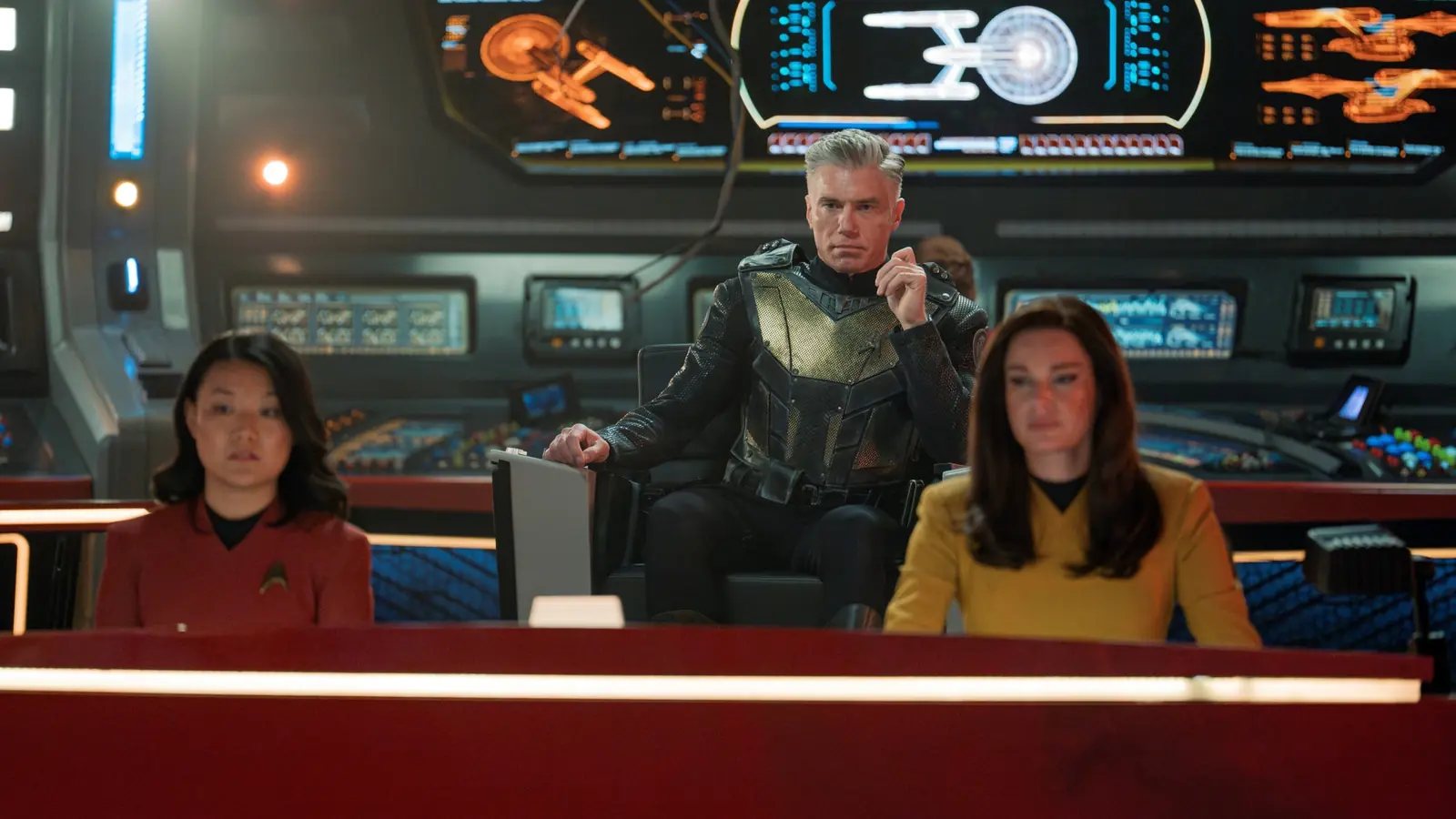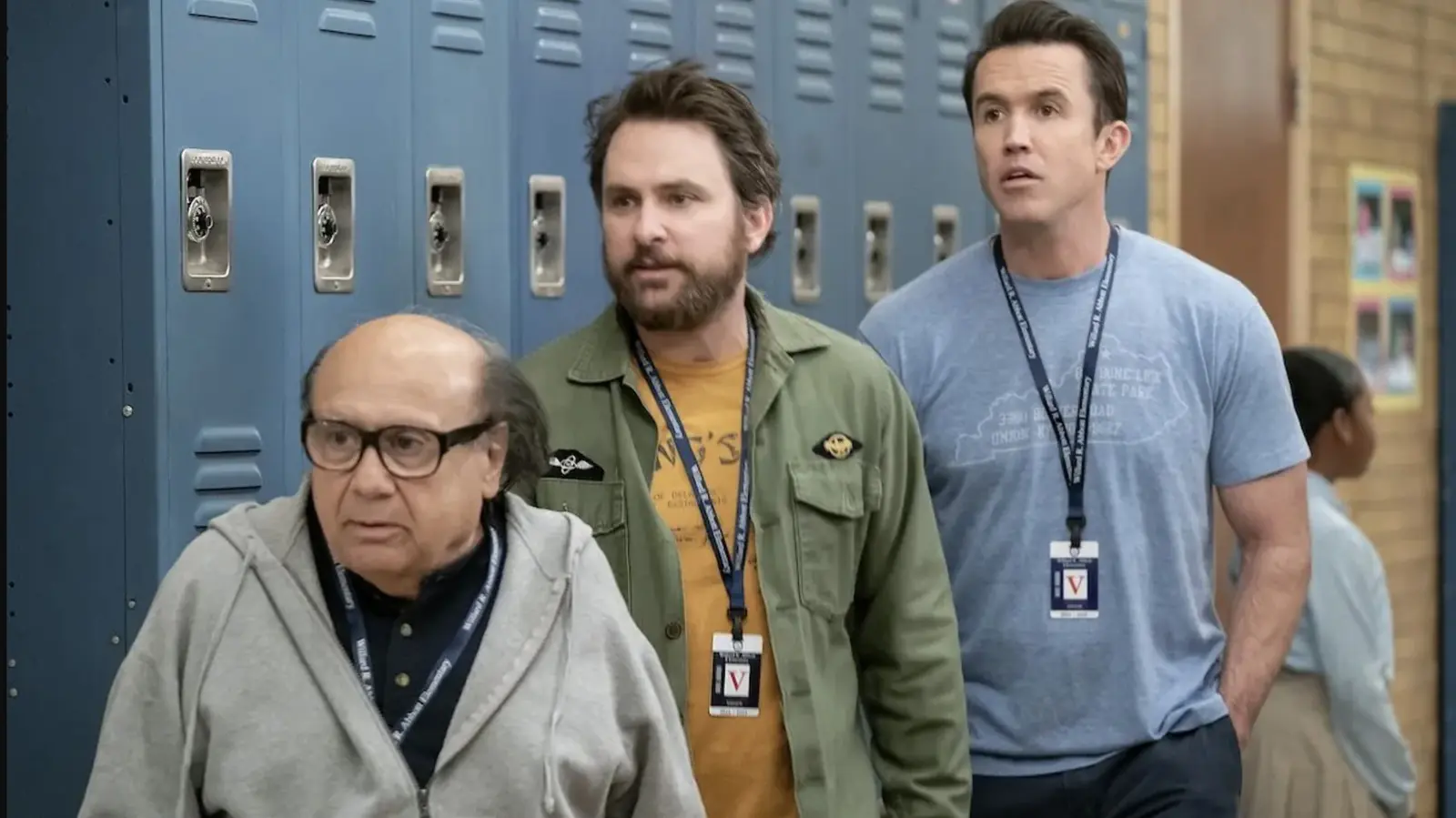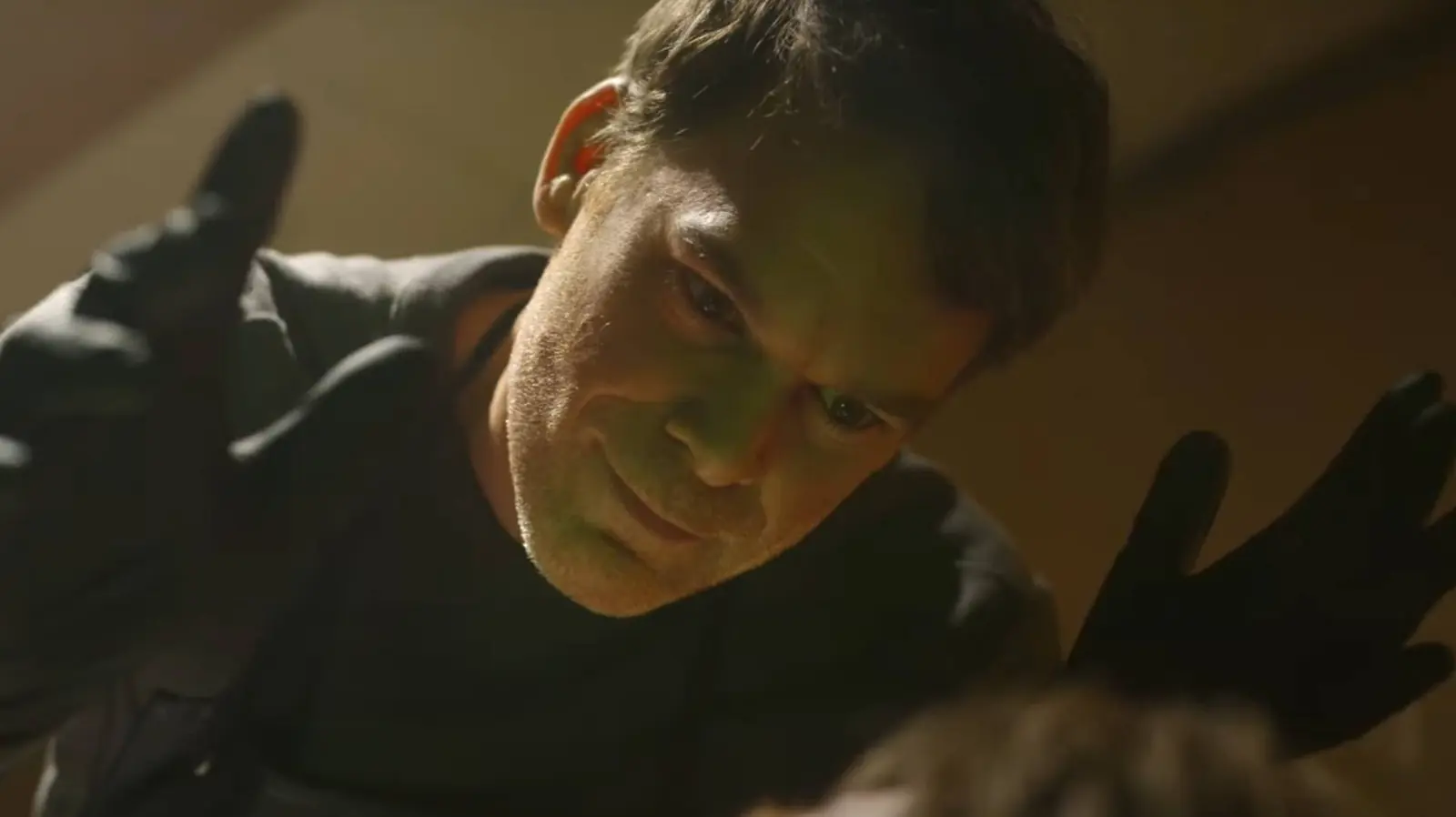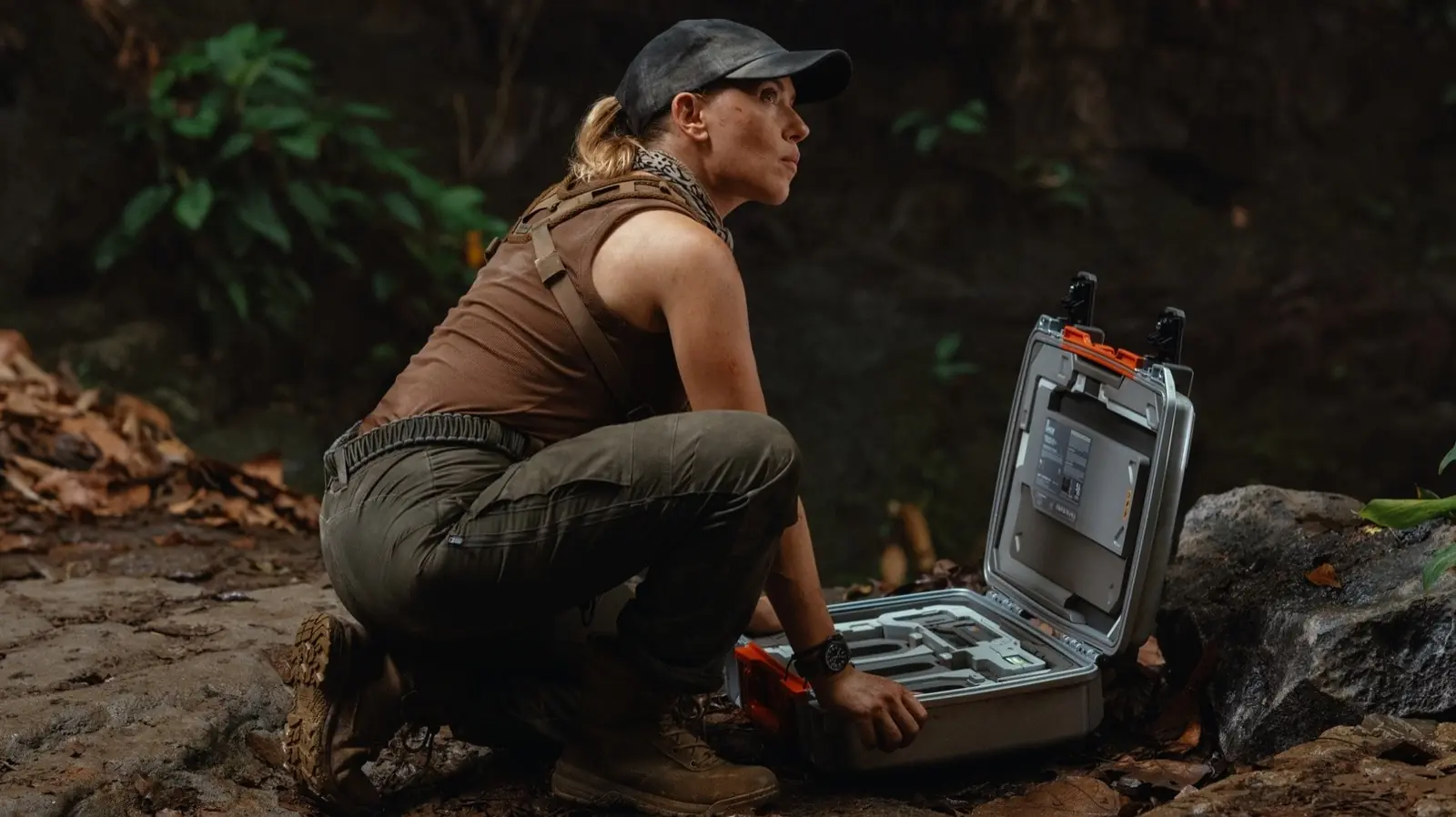In a universe where science fiction often serves as a mirror reflecting the issues of its contemporary society, Star Trek: Strange New Worlds is carving its place as a timely piece of storytelling, much like Star Trek: The Original Series did in its era. The creators of Strange New Worlds have embarked on a journey to deliver narratives that resonate with today’s audience while echoing the bold, thought-provoking themes that the original series famously championed.
From its inception, Star Trek: The Original Series brought forward visionary storytelling that challenged the norms of the 1960s. Notably, it aired during a period of intense socio-political upheaval. The series tackled issues of race, war, and inequality with an audacity that made it transformative television. Roddenberry’s vision of a diverse and unified future became a platform for confronting the era’s most pressing challenges, often disguising its critiques as space adventures.
This cultural commentary is a legacy that Star Trek: Strange New Worlds aims to uphold. According to executive producers Akiva Goldsman, Henry Alonso Myers, and Alex Kurtzman, the objective is not just to recreate the spirit of exploration and adventure, but also to address the moral and ethical dilemmas that are pertinent in today’s world.
A Legacy of Real-World Reflection
The strength of Star Trek: Strange New Worlds lies in its commitment to exploring themes that resonate with current global concerns, much like its predecessor. The series channels the essence of limitless exploration and scientific curiosity but through stories that reflect contemporary issues such as technological ethics, environmental sustainability, and social justice.
One distinct feature that remains central to Strange New Worlds is the philosophical underpinning regarding our shared humanity and future. The modern era mirrors many of the turbulent societal shifts witnessed during the 1960s—debates over personal freedoms, cultural identities, and challenges to democracy are ever-present. The series creators understand the imperative to confront these issues within their sci-fi narratives, offering audiences both an escape and an opportunity for introspection.
Storytelling in a Modern Context
The format of Strange New Worlds is another nod to how television storytelling has evolved. While it inherits the episodic nature of the original, allowing viewers to engage with standalone adventures, it simultaneously weaves long-term character arcs and overarching narratives, catering to modern viewing habits. This fusion allows deeper character development and places personal growth and ethical quandaries at the forefront of its storytelling.
The show also prides itself on representation and inclusivity, another cornerstone of its narrative strategies. The casting encompasses a wide range of backgrounds and identities, aiming to represent the diversity of the modern audience. The importance of inclusivity and representation cannot be understated, reflecting Gene Roddenberry’s progressive vision of a multicultural and equitable future.
Technological Reflection and Humanization
Technology in 2023 poses its array of questions and ethical considerations, which Strange New Worlds does not shy away from discussing. The series delves into topics of artificial intelligence, privacy, and the moral implications of technological advancement. In so doing, it holds a magnifying lens to both the benefits and the potential pitfalls that arise from humanity’s insatiable quest for progress.
Episodes often peer into the consequences of human actions, promoting the idea that technological development should align with ethical responsibility. This dialogue is particularly timely when discussions around data privacy, AI, and the environmental impact of technology are more prevalent than ever.
Balancing Tradition and Innovation
By harmonizing familiar themes with modern sensibilities, Strange New Worlds walks the fine line between tradition and innovation. It pays homage to its roots while boldly exploring its path forward, ensuring that it remains a beacon of thoughtful science fiction.
The production itself embraces modern technology, utilizing advanced visual effects and contemporary cinematographic techniques to create immersive storytelling environments that captivate the audience. Nevertheless, the intrinsic value is still rooted in the narratives—engrossing plots that grapple with the complexities and nuances of human experience.
An Uncertain, Yet Inspired Future
Amidst the backdrop of societal uncertainty and technological acceleration, Star Trek: Strange New Worlds stands as a testament to the enduring power of science fiction to not just entertain, but also to provoke and inspire. By evoking the spirit of The Original Series, it serves as a contemporary lighthouse for imagining what might be possible when society collectively chooses empathy, understanding, and exploration over division and conflict.
This dual commitment to past and present ensures that as humanity continues to venture into unknown territories—be they actual worlds or new ideas—there will always be a reflection of our potential for evolution within the universe of Trek. As such, the journey of the starship Enterprise in Strange New Worlds is poised to chart new courses in storytelling, prompting viewers to question, dream, and engage with the vast unknown, just as its venerable predecessor has done for generations.






